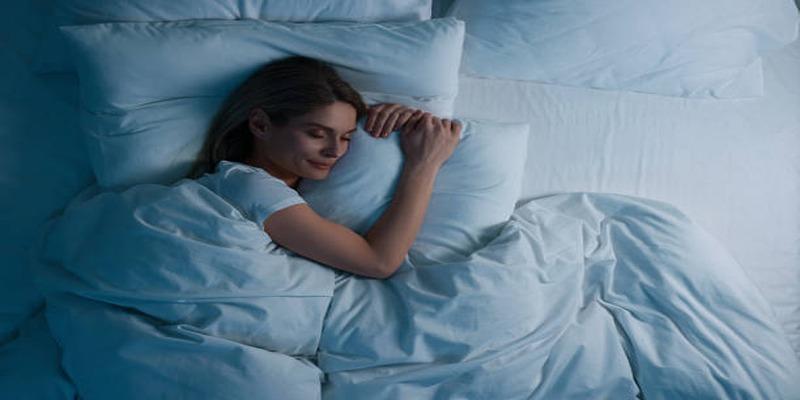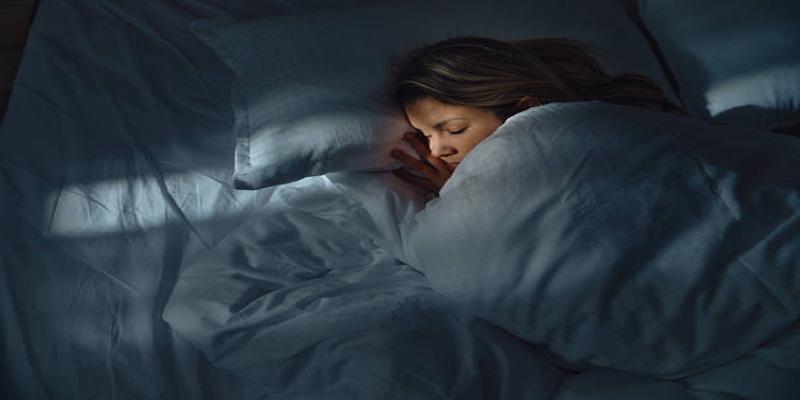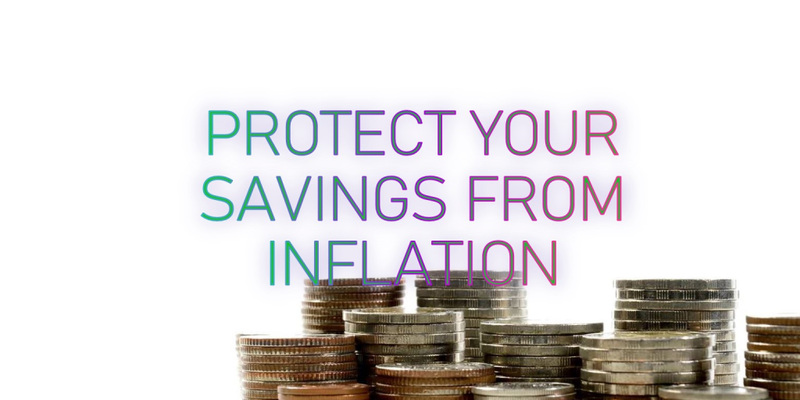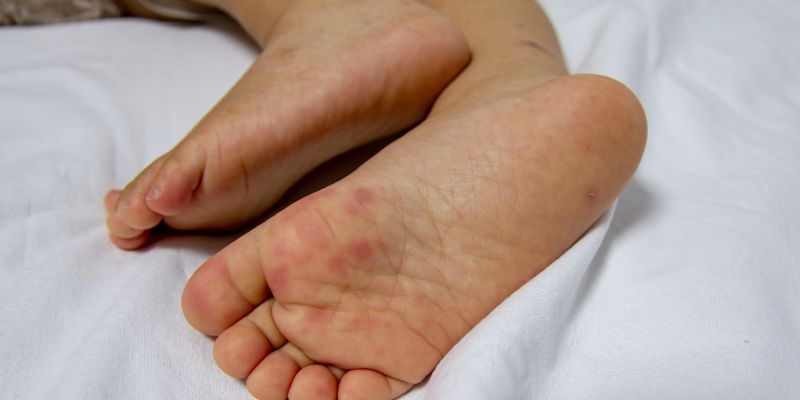Advertisement
Somniloquy, commonly referred to as sleep talking, has for centuries been an area of interest across many people. Despite being widespread, the nature and signs of its causes and triggers is still unknown. One that has elicited interest is the relationship that reportedly exists between sleep talking and depression. Here in this article, we will discuss about the updated literature and explain the existing mechanisms of this peculiar association. Appreciation of the indicated link might be helpful in the further understanding of the nature of sleep disorders and mental disorders.

Sleep talking is a phenomenon where a person talks during sleep but will not have any recollection of doing so. Some people have described it as a sleep disorder because it occurs during sleep, and it is classified as parasomnia. Sleep talking cannot be categorized merely as mumbling or talking but may include a conversation with a page response. They can be rare cases or can reoccur multiple times a night and last for a short period of time or for several hours.
Though the reason behind sleep talking is not well expounded, there are about various causes of sleep talking. These include:
Sleep talking can take different forms, from simple sounds and murmurs to complete and coherent conversations. The content of sleep talking can range from random words or phrases to talking about past experiences or current events. Here are some common types of sleep talking:
Depression is a mental health condition marked by ongoing feelings of sadness, a lack of interest or enjoyment in activities, changes in appetite or weight, sleep issues, fatigue, trouble focusing, and thoughts of self-harm or suicide. It can greatly affect daily life and overall well-being.
Depression can disrupt sleep patterns in various ways, leading to sleep difficulties such as insomnia or hypersomnia. Insomnia refers to difficulty falling asleep, staying asleep, or experiencing non-restorative sleep. On the other hand, hypersomnia involves excessive sleepiness and prolonged sleep duration, often resulting in daytime fatigue.
Sleep and mood regulation are interconnected processes. Adequate and restful sleep is vital for maintaining healthy emotional well-being, while poor sleep can contribute to increased negative emotions and worsen depressive symptoms. Disruptions in sleep can affect the regulation of mood-related neurotransmitters, such as serotonin and dopamine, leading to emotional instability and exacerbating depressive symptoms.
Depression and disrupted sleep cycles often go hand in hand, with each influencing and exacerbating the other. Understanding the intricate relationship between depression and sleep disturbances can shed light on the underlying mechanisms contributing to these conditions.
Depression can significantly impact sleep patterns, leading to a variety of sleep disturbances such as insomnia or hypersomnia. These disruptions can further worsen depressive symptoms, creating a cycle of sleep deprivation and emotional instability.
Research has shown that individuals with depression may experience altered brain activity during sleep. Electroencephalogram (EEG) studies have revealed changes in brain wave patterns, including decreased slow wave sleep (SWS) and rapid eye movement (REM) sleep abnormalities. These alterations in brain activity can contribute to emotional dysregulation and impair the restorative functions of sleep.
REM sleep, characterized by rapid eye movements and vivid dreaming, plays a crucial role in emotional processing and regulation. In depression, abnormalities in REM sleep have been observed, including shorter REM latency, increased REM density, and more frequent and intense REM sleep nightmares. These disturbances in REM sleep may contribute to the emotional dysregulation commonly experienced by individuals with depression.
Research has shown that individuals with depression often experience disrupted sleep patterns, including disturbances in REM sleep, which is closely associated with dreaming and sleep talking. Depression-induced sleep disruptions, such as shorter REM latency and increased REM density, may contribute to the occurrence of sleep-talking episodes.
These sleep disturbances can be influenced by emotional distress and mood fluctuations commonly experienced by those with depression. However, it's important to note that sleep talking can also occur in individuals without depression and may have other underlying causes.

In addition to depression, there are other factors that can contribute to sleep talking episodes. These factors include:
Sleep talking can be a perplexing phenomenon that occurs in both individuals with depression and those without. While depression is a known contributing factor, other elements such as anxiety, stress, sleep deprivation, genetic predisposition, and sleep disorders like sleep apnea can also play a role. Understanding these factors and their impact on sleep talking can help individuals navigate their sleep patterns and seek appropriate interventions if necessary. It is important to consult with healthcare professionals if sleep talking becomes disruptive or causes distress.
Advertisement

By Elva Flynn/Feb 28, 2025

By Susan Kelly/Mar 17, 2025

By Georgia Vincent/Dec 15, 2024

By Celia Kreitner/Dec 08, 2024

By Martina Wlison/Nov 08, 2024

By Isabella Moss/Nov 09, 2024

By Jennifer Redmond/Dec 09, 2024

By Susan Kelly/Feb 28, 2025

By Aldrich Acheson/Feb 28, 2025

By Martina Wlison/Nov 05, 2024

By Verna Wesley/Dec 23, 2024

By Pamela Andrew/Feb 28, 2025